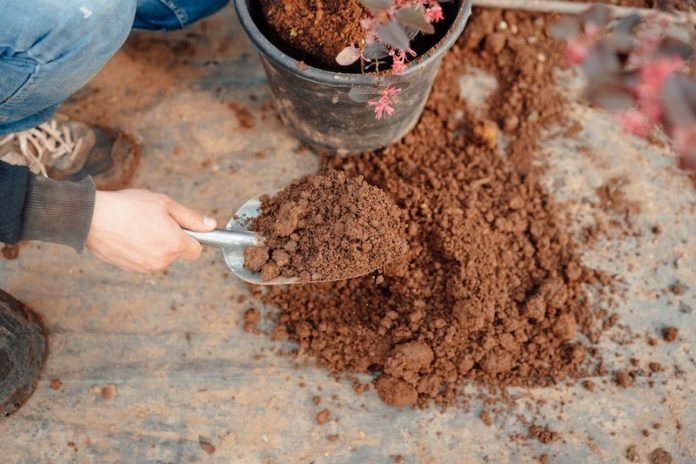
When we think about pollution, we often think about dirty air or contaminated water. But what about the soil beneath our feet?
New research shows that soil could also have harmful things like pesticides and heavy metals that can affect our health.
Soil: A Less Visible Threat
According to Thomas Münzel, one of the scientists involved in this study, soil pollution isn’t as noticeable as air pollution.
But, it can still harm our cardiovascular system (our heart and blood vessels) in many ways. It can cause inflammation and mess with our body’s natural rhythm.
Soil Pollution and Deaths
Each year, pollution in water, air, and soil cause about 9 million deaths. Heart diseases like heart attack, stroke, and heart rhythm problems make up about 60% of these deaths.
How Does Soil Hurt Our Heart?
Soil that’s not clean can increase oxidative stress in our blood vessels.
This means there will be more ‘bad’ free radicals and fewer ‘good’ antioxidants in our body. It can also cause inflammation and disturb our body’s rhythm.
Where Do We Encounter Soil Pollutants?
We might eat pesticides from contaminated food, soil, and water. People who work in farms and chemical industries have a higher risk. We could also breathe in desert dust, fertilizer crystals, and plastic particles.
Heavy metals like cadmium and lead, plastics, and other harmful substances can also enter our bodies through the food we eat. Sometimes, soil pollutants can get into rivers, and we might drink this polluted water.
Soil Pollution Is a Global Issue
Soil pollution is a big problem in lower-income countries because people there are more exposed to these harmful substances.
But it’s a problem everywhere because of the way we get our food from all around the world. For example, fruits, vegetables, and meat could have heavy metals if they were grown in polluted soil.
The Dangers of Heavy Metals
Cadmium is a heavy metal. It’s naturally found in small amounts in air, water, soil, and food. But it also comes from industries and farming.
Some studies show that cadmium can harm the cardiovascular system. A recent study from Korea found that people with high levels of cadmium in their blood had a higher risk of stroke and high blood pressure.
Lead is another harmful metal. It comes from mining, smelting, manufacturing, and recycling.
High levels of lead in blood have been linked to heart diseases, including heart attack and stroke. This is especially true for women and people with diabetes.
Arsenic is another dangerous substance. Industrial processes and using polluted water to water crops can increase arsenic levels. It can also increase the risk of heart diseases.
What’s Next?
More research is needed on how different soil pollutants can affect our heart health. According to Münzel, until we know more, we can take steps to limit our exposure.
We can wear a mask to protect ourselves from dust, use filters to clean our water, and eat food grown in healthy soil.
Remember, even though soil pollution might not be as visible as air pollution, it doesn’t mean it’s any less harmful. Let’s try to keep our environment clean for the sake of our health!
If you care about heart health, please read studies about how eating eggs can help reduce heart disease risk, and herbal supplements could harm your heart rhythm.
For more information about health, please see recent studies that olive oil may help you live longer, and vitamin D could help lower the risk of autoimmune diseases.
The study was published in Cardiovascular Research.
Copyright © 2023 Knowridge Science Report. All rights reserved.




